Questions in the Decision Making section of the UCAT assess your ability to apply logic to reach a conclusion or decision, analyse statistics and evaluate arguments. Decision-making is core to the role of a health professional. Doctors need to be able to solve problems while dealing with uncertainty, complexity and stress. Managing risks and understanding how logic affects reasoning are key in tackling this section.
The test is broken down into:
Time: 29 minutes
Questions: 31
Average time per question: 56 seconds
A simple on-screen calculator is available for use in this section
An In-depth Breakdown
All questions are standalone and do not share data. Some questions will be multiple choice with four possible answers and one correct answer; others will require you to respond to five statements with ‘yes’ or ‘no’ answers next to each statement.
These questions may be broken down into:
Logical Puzzles – Testing your ability to synthesise complex information and draw a logical conclusion
Syllogisms – Testing your deductive reasoning to assess the validity of a series of conclusions.
Information Interpretation – Understanding if a conclusion being met is correct or not based on provided data
Recognising Assumptions – Testing your ability to identify the strongest argument and eliminate biases based on available options
Venn Diagrams – Interpreting and constructing Venn diagrams to represent complex data
Probability and Reasoning – Understanding probability principles in real world situations
Get comfortable with the whiteboard
However well you may be able to mental map, maximising your use of the whiteboard is key to success. This unsung hero of the UCAT lets you map out key information and jot down your reasoning for some of the more difficult questions. Don’t miscount or lose your train of thought, write it down!
Get used to time restrictions
Once you’ve got an understanding of how to best answer each type of question, practising under exam conditions will allow you to understand how best to split your time up on each question. Consistent allocation of time per question will allow you to gauge your performance and give you ‘checkpoints’ on your progress through each subsection.
ACE HSC offers fortnightly Trial Exams to practise held under exam conditions, letting you as well as track your performance against other candidates in the ACE HSC cohort.
Correlation does not equal causation
Check what is being proposed with a questions’ qualifier to better understand how it should be answered. ‘Might’ and ‘Always’ are two very different propositions in questions, and your own personal experience may cloud your judgement. Make sure you try and remain as neutral where possible when answering, and answer with sound logic.
Need more tips?
If you want to fine tune your UCAT skills, we are here to help! Call ACE HSC on (02) 9874 7045, email us or make an enquiry.


